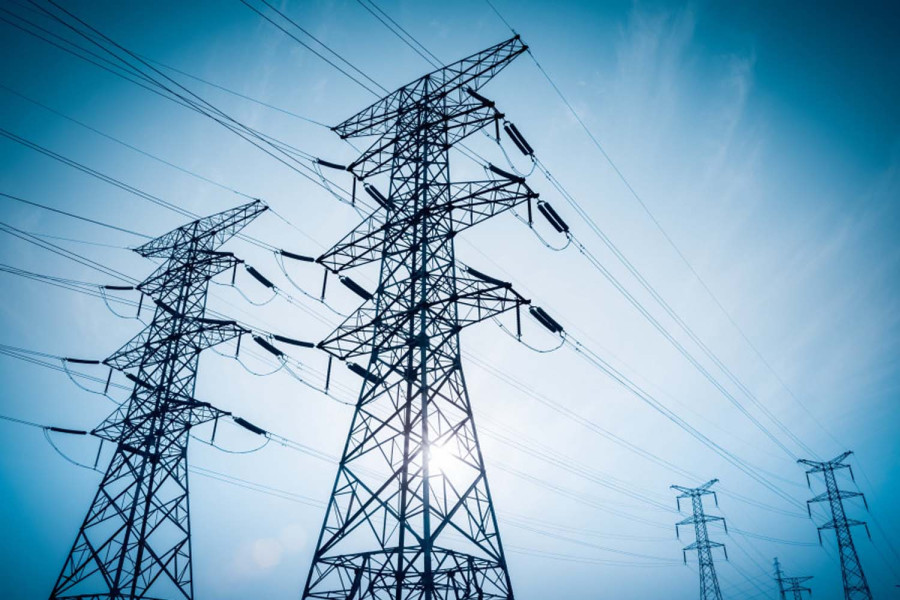Money
Government goes the ordinance way to allow private sector in electricity trade
The Electricity Bill registered in Parliament two years ago was withdrawn in September, delaying the process.
Prithvi Man Shrestha
The government has initiated the process of introducing an ordinance to allow the private sector to engage in power trade.
The government’s move comes amid confusion about granting trading licences to the private sector after the government withdrew the Electricity Bill long pending at the National Assembly on September 16.
The bill, which had remained idle at the Assembly since mid-July 2020, had provisions for private sector companies to get the licence for electricity trade, also allowing them to engage in inter-country trade of power.
The government is now preparing to address the demands of the private sector through the ordinance.
“A Cabinet meeting on Monday approved the ordinance to amend the Electricity Act-1992 and the government forwarded it to the President’s office,” said Sushil Chandra Tiwari, secretary at the Ministry of Energy, Water Resources and Irrigation.
“There are provisions for the developers to sell their electricity in the market after taking approval from the ministry and the private sector can also obtain a licence to trade power in the international market.”
According to him, the ordinance, by amending some provisions in the Act, opens the door for the private sector to engage in power trade.
Ordinances are issued by the government to bring new laws when Parliament is not in session. An ordinance has to be replaced by a bill within 60 days of the first sitting of the legislature. Failure to do so will result in the ordinance to become void.
According to the ministry, about half a dozen companies have already submitted their applications for trading licences. Currently, the developers have only one option—selling electricity to the Nepal Electricity Authority.
But the state-owned power utility has not been signing power purchase agreements with the run-of-the-river type projects.
The Nepal Electricity Authority Act 1984 allows the utility to engage in power trade but the existing electricity law does not allow the private sector to engage in power trade even though they can develop projects and build transmission lines.
The private sector has long been lobbying for the law that would ensure their entry into power trade.
Ashish Garg, vice-president of Independent Power Producers’ Association of Nepal, however, said the government should have pushed for parliamentary passage of the bill, which was registered at the upper house. “The government should have encouraged lawmakers to speed the process to endorse the bill,” he said.
People from the private sector say licensing the private sector would bring in competitors who would also explore the market both inside and outside the country. In particular, the private sector has been interested in exporting electricity to India.
Nepal Power Exchange Limited, a Nepali private sector power trading company, and India’s Manikaran Power Limited, signed a memorandum of understanding on energy trading on January 10. As per the MoU, the Indian company will buy 500MW electricity from the Nepal Power Exchange Limited besides investing in the Nepali company itself.
A number of other companies have been established to engage in power trade. All of them are awaiting the licence to engage in power trade.
Earlier this year, the energy ministry had held inter-ministerial consultations on a draft electricity transmission directive and a set of guidelines to allow the private sector to engage in trading (domestic trading, export and import) electricity.
But the Ministry of Law, Justice and Parliamentary Affairs poured cold water on the plan, arguing that the law does not allow the private sector to trade in electricity.
After this, the energy ministry had prepared a draft of the ‘Some Nepal Act Amendment Bill’ to amend the Electricity Act-1992.




 12.62°C Kathmandu
12.62°C Kathmandu














